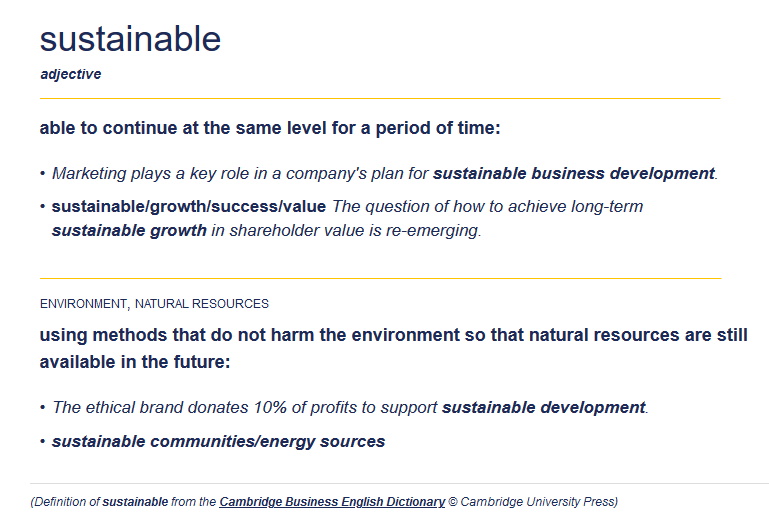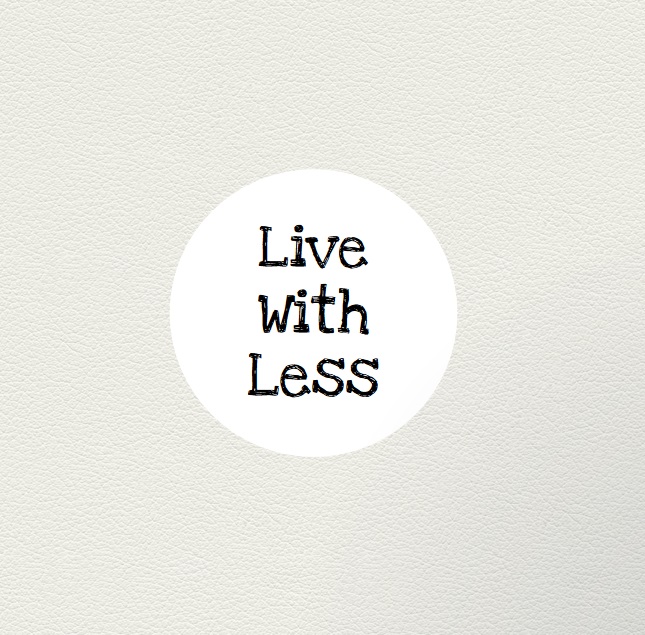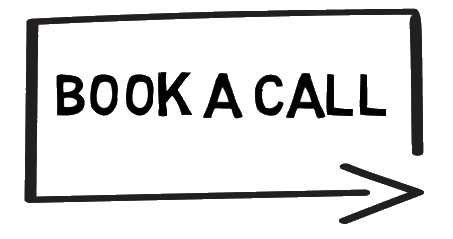Sustainability. What does that word mean for you?
As a wordsmith, that’s always an intriguing question for me.
Here’s what the Cambridge Dictionary has to say on the subject:
Sustainable, a definition

A core constituent of everything I do is ‘sustainable enterprise for sustainable living’ – but sustainability means different things to different people at different times.
In this context, there are two parts to it:
1) Economic Sustainability
From an economic point of view, it’s about creating consistent, steady and reliable income and business practices.
2) Ecological Sustainability
In the context of ecology and the environment, we can think of renewable energy, working with instead of against nature, minimising waste and maintaining natural resources so they can continue to benefit future generations.
Now, I’m not going to pretend to have all the answers on how to balance these, often opposing, forces, but both enterprise and the environment are subjects that fascinate me.
Lurching From Crisis To Crisis
Here in the UK, off the back of our greatest act of self harm in history (Brexit), there was a global pandemic and now a war in Europe. All exposing the fragility of our supply chains and over reliance on importing most of our food and commodities.
A hangover from our colonial past, successive governments have always assumed that when we need something, we can get it from other countries and they will be grateful for our business. Environmental impact, climate change, poverty, they are all problems in other countries. We watch documentaries by national treasures like David Attenborough showing harrowing images of oceans full of rubbish, great swathes of rainforests cut down and wildlife suffering as their habitats are encroached on and violated by human activity. We watch these films from our sofas made in china out of tropical hardwood, watching our TVs made from minerals extracted from open cast mines in Africa and oil from American fracking, wearing synthetic clothes made in sweat shops in Bangladesh – and we ‘tut’ and roll our eyes – without irony – at those people in those poor countries destroying the environment.
Things need to change.
There is only so much we can do as individuals.
Business can be sustainable in both senses of the word by focusing on the Triple Bottom Line and not just making money regardless of the consequences.
Lessons Learned
If these crises have taught us anything it’s the importance of short supply chains. A lesson for small businesses and sustainable living, as well as saving costs and the environment.
We can vote with our wallets and choose Farm to Fork alternatives to our broken industrial food system. And as businesses we can choose to work with local suppliers using seasonal ingredients.
As businesses and individuals we can simplify. If you want to reduce your impact on the world, concentrate on simplifying your life. Make an effort to reduce the number of things you own, keeping only belongings that use or enjoy regularly. As a business, we can consciously choose ethical, waste free products and services and not be part of the problem by producing needless ‘stuff’ that will end up as waste.
As consumers and businesses we can buy direct from the producer. Shopping and selling in farm shops, local businesses or at farmers markets also guarantees the best possible return for the producers, and for your business.

You can’t get any more local than your own back yard! We can grow and produce more locally. We can support other small businesses both as consumers and as businesses – saving time, money and resources.
If more of us think local, the impact will be felt globally.

